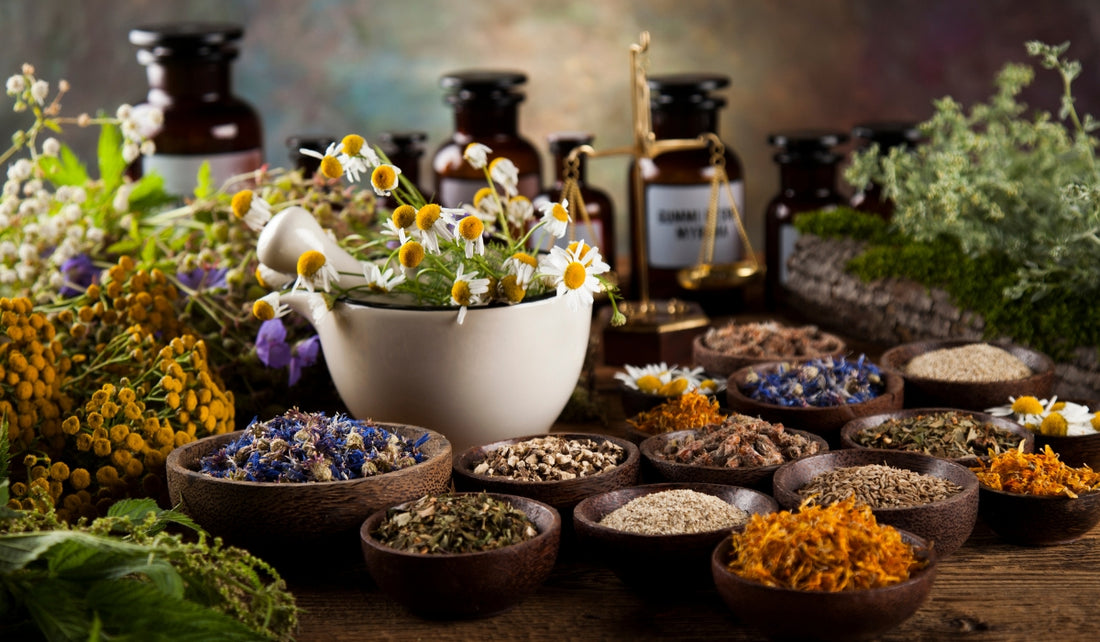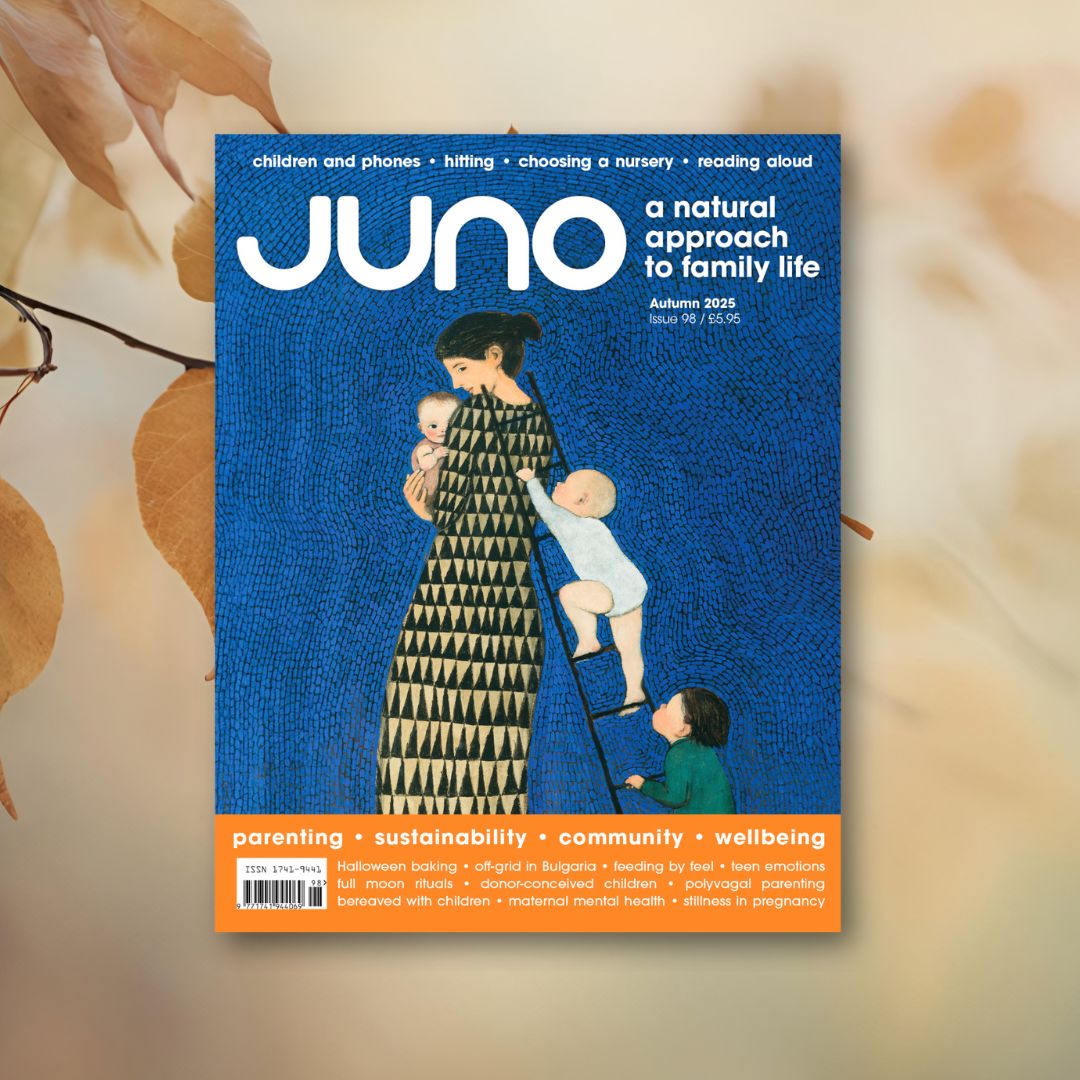The ground is stirring, spring is upon us, and wanderers of wild spaces are starting to turn their minds once more to the art of medicine making with plants.
Medicine making ranges from simple to complex, depending on your level of knowledge, experience and willingness to have a go. It can be as simple as drying out herbs to store for teas, to as complex as distilling aromatic herbs to create herbal waters and essential oils.
We thought another Seed SistAs’ series was due, and in this one, we’ll focus on the art of herbal remedy creation. In this issue, we start with an overview of medicine making and what is involved. Then in each subsequent column, we will look in more depth at some preparations and how to make them.
Things to consider
Why are you making the remedy?
If you are making the remedy for children, you will have to think about palatability. When it comes to imbibing herbal medicines, it helps if children have herbal teas as part of their palate. There is less likely to be an initial block to taking something new or unusual. Children can definitely get used to bitter or strong herbal flavours, but we often try to use sweeter remedies where appropriate. We sometimes opt for a glycerite over a tincture (more on this later), or we add a spoon of honey to a medicinal herbal tea to encourage children to drink the whole cup.
Depending on what you want to use the remedy for, you may have to think about the type of preparation you are making. Different compounds in herbs are extracted in different ways. For example, vinegar will extract minerals from herbs. Water will draw out polysaccharides, which have a multitude of potential medical benefits (mucilaginous, antioxidant, regulating to blood sugars), and simmering a herb will produce a polysaccharide-rich preparation, which you can then make into a syrup or drink as a tea.
What sort of remedies are there in herbal medicine?
Tea: a fresh or dried herb infusion. Herbs with hot water poured over them.
Decoction: herbs simmered in water for 7 to 10 minutes – for harder material like roots and berries.
Tincture: an alcoholic extract. We often use vodka or brandy poured over the chopped and prepared herbs.
Glycerite: a preparation made with glycerine as the main extraction substance. Glycerine is created from the fermentation of vegetable fats. A sweet substance, it is a great alternative to alcohol in herbal medicine, especially in remedies for children.
Syrup: essentially sugar, honey or apple concentrate dissolved in a herbal tea or decoction and simmered down to be thick, sweet and syrupy.
Vinegar: herbs steeped in cider vinegar.
Oxymel: herbs steeped in a mixture of honey and vinegar.
Powder: herbs ground to a fine powder for use in drinks or to add to capsules.
Lozenge: a hardened herbal sweet designed to dissolve slowly in the mouth.
Hydrosol: an extract left after the distillation of herbs steeped in water (also called herbal waters).
Herb-infused oil: herbs steeped in oil such as almond or olive oil.
Herbal cream: a water and oil combination that creates an easily absorbed remedy.
Balm: an oil-based skin preparation that stays on the surface of the skin for longer than a cream.
We have been harvesting our own herbs to make preparations for 30 years. From our decades of making mistakes and learning on the job and studying herbal pharmacy at university, we will share our insights into the dos and don’ts, what works and what doesn’t. We’re off to brew a herbal tea now, but we’ll see you next time for a deep dive into herbal remedy creation.
____
 Karen Lawton and Fiona Heckels are the Seed SistAs, herbalists, eco-activists, writers, performers and speakers. Authors of The Sensory Herbal Handbook and Poison Prescriptions, they travel far and wide teaching about plant medicine, while running the community interest company Sensory Solutions Herbal Evolution. Join them in their Coven of Herbal Secrets, or sign up for their newsletters and follow them on social media. seedsistas.co.uk and on Instagram @seed_sistas
Karen Lawton and Fiona Heckels are the Seed SistAs, herbalists, eco-activists, writers, performers and speakers. Authors of The Sensory Herbal Handbook and Poison Prescriptions, they travel far and wide teaching about plant medicine, while running the community interest company Sensory Solutions Herbal Evolution. Join them in their Coven of Herbal Secrets, or sign up for their newsletters and follow them on social media. seedsistas.co.uk and on Instagram @seed_sistas
Photo by Nux Photography







